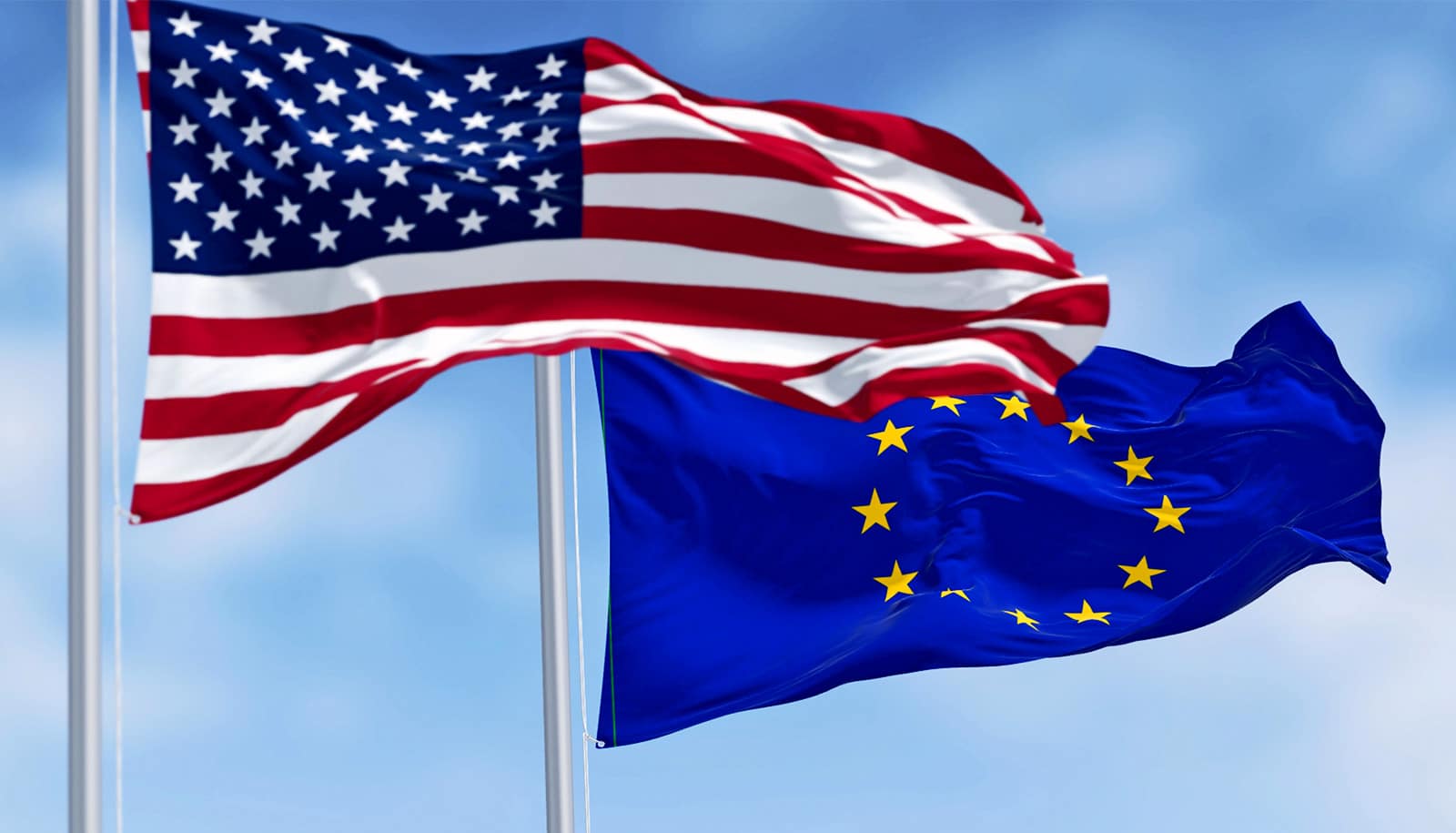Very few millennials are interested in pursuing elected office, says political scientist Shauna Shames.
Shames, assistant professor of political science at Rutgers University–Camden, explores the reasons behind this alarming pattern in her new book, Out of the Running: Why Millennials Reject Political Careers and Why It Matters (New York University Press, 2017).
Shames began this study as part of her doctoral dissertation at Harvard University, initially focusing on why the diversity of the nation is not reflected among its elected officials, especially in national governance. She conducted extensive surveys of nearly 800 graduate students at Harvard Law, Harvard’s Kennedy School of Government, and Boston’s Suffolk University Law School, which historically have been feeder schools for candidates in state and federal elected offices. She quickly realized, however, that she needed to expand the scope of her research.
“Few in this generation are interested in serving in political office,” says Shames of millennials (roughly, people born between the early 1980s and late 1990s). “It wasn’t just women and people of color who had reasons not to be interested, although women of color did feel these reasons more deeply.”
How votes for women of color are transforming US politics
Shames conducted 52 follow-up interviews, collecting considerable data on the students’ backgrounds, political experiences, and ambitions, ideological opinions, party affiliations, and views on political issues and the role of government. She then analyzed their perceived rewards and costs of running for elected office.
“For many of these young people, there were many rewards to running for office, but when they added up the costs, the overall net reward was around zero; often the high costs even outweighed the potential,” she says.
The biggest reason cited was the “unsavory” need to raise campaign funds—spending time asking others for money, and, in the process, what the respondents viewed as compromising one’s principles.
“There are a whole set of factors around how we view campaign funding,” says Shames. “From the outside, it looks corrupt and young people are especially aware of that appearance. The whole thing seems ‘icky.'”
Another primary reason, says Shames, was the fear of media intrusion into the private lives of candidates and their families.
“There was this overwhelming fear that one’s family would (be) under constant surveillance, gossiped about, or attacked,” she explains.
According to Shames, it is quite understandable that millennials have these reservations, given the “acrimony, nastiness, and hyper-partisanship” that they have seen firsthand. She further notes that millennials are often maligned with stereotypes—being seen as selfish and technology-obsessed—but that assessment is far from the truth.
Campus journalists deliver better election news
“They are actually very interested in doing great things and making the world a better place, but don’t see politics as the way to do it,” she says.
Shames fears that a lack of qualified political candidates could lead to less meaningful, less competitive elections. She also worries that, especially at the state level, where approximately 40 percent of incumbents run unopposed, the principles of democracy are increasingly undermined.
She believes that, in building on her findings, the next step is to determine the primary reasons that young people do want to run for elected office and devise strategies that highlight these rewards in spite of the high costs.
“It is a different world from when John F. Kennedy said, ‘Ask not what your country can do for you, but what you can do for you country,'” she says. “I think that if we can change people’s perceptions of the rewards, then the costs wouldn’t matter so much.”
Source: Rutgers University



